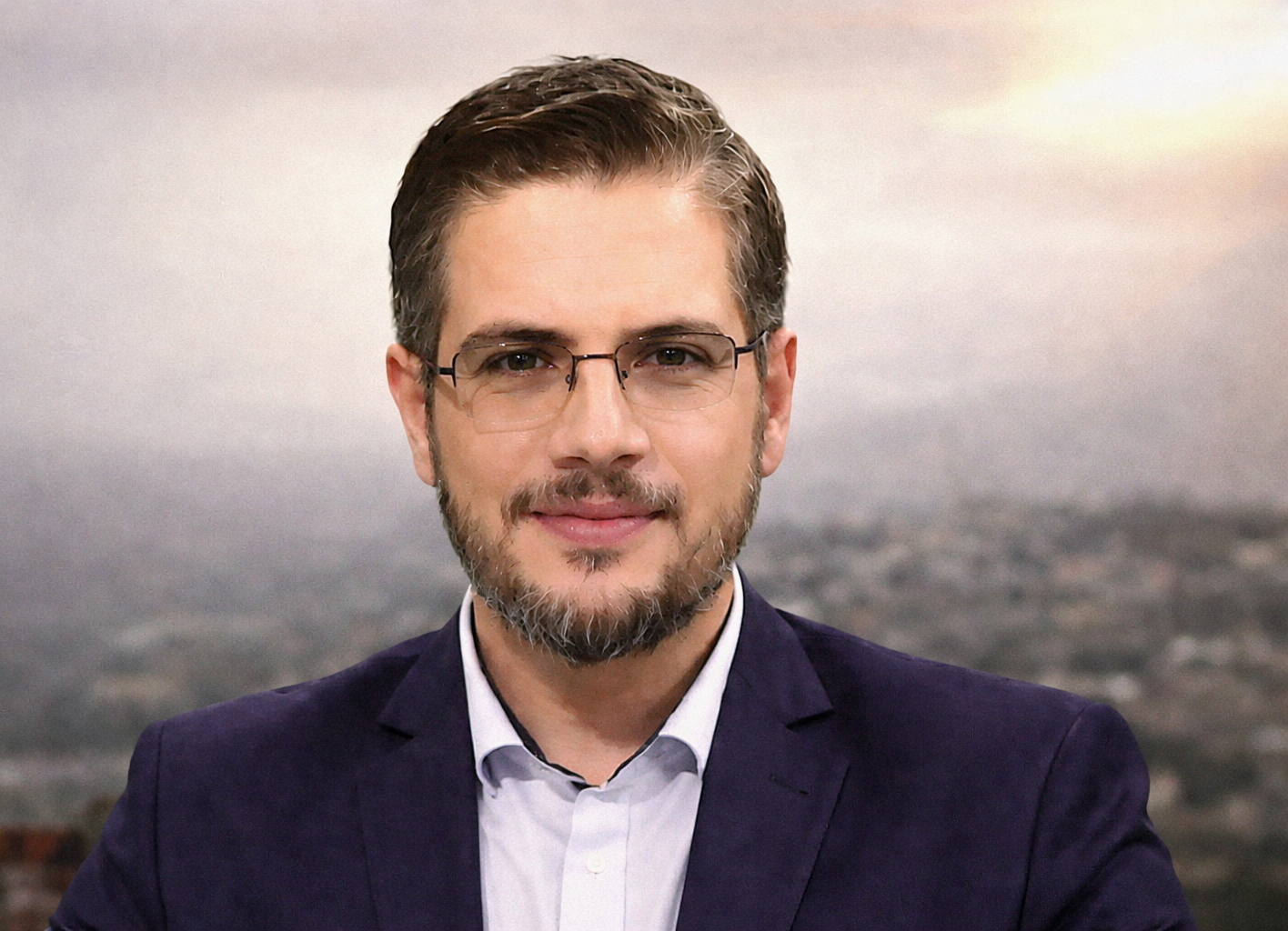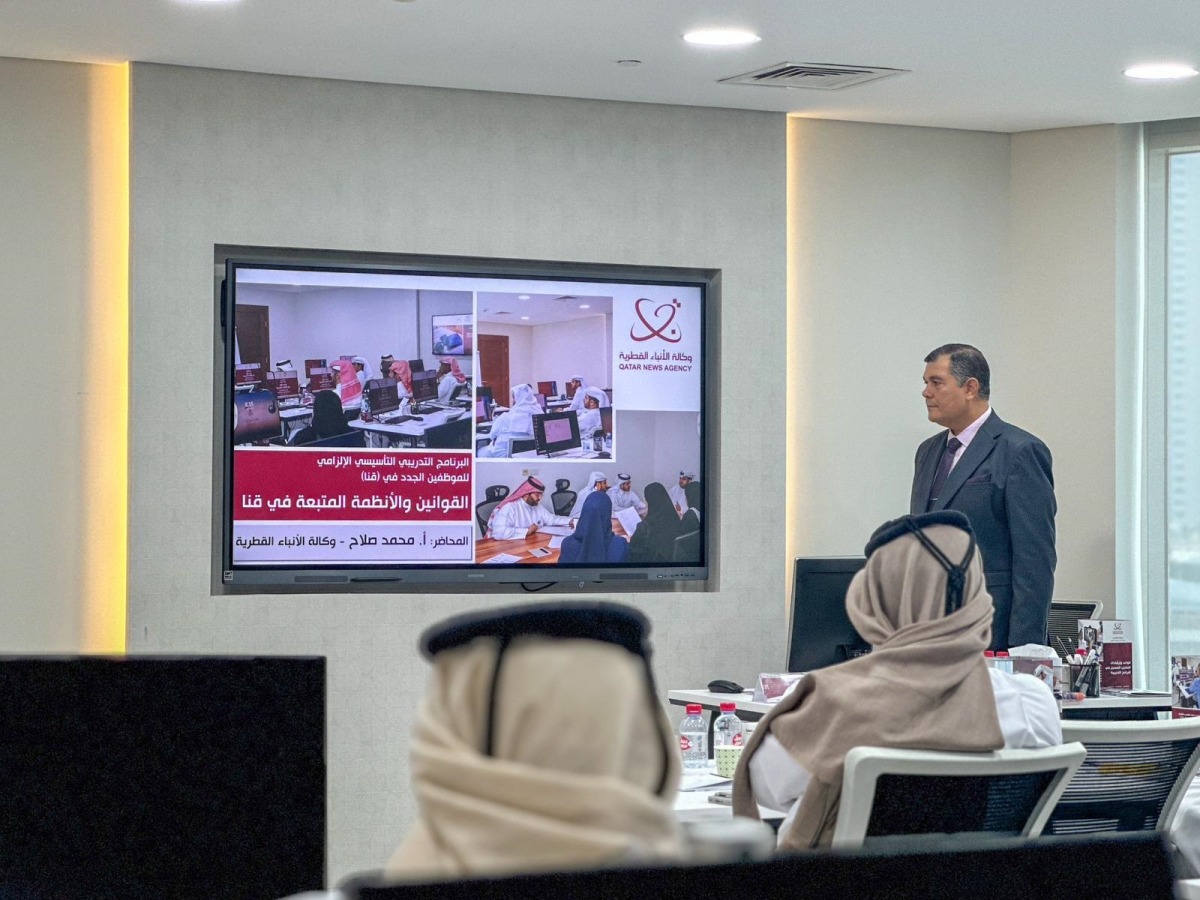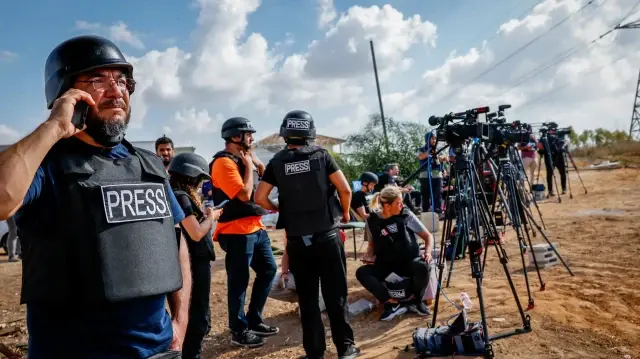
Journalists in Amed Protest Intensifying Crackdown on Press Freedom in Turkey
January 29, 2025
Maha Kumbh 2025: Police Misbehavior Toward IANS Reporter Sparks Outcry
January 29, 2025January 29, 2025 – Palestine –
At the iMEdD International Journalism Forum in January 2025, Manisha Ganguly, Visual Forensics Lead and Investigations Correspondent at The Guardian, shared her experiences covering the Gaza war and the immense personal and professional challenges journalists face in conflict zones. Her insights highlighted the dual burden of documenting atrocities while managing the emotional toll of exposure to extreme violence.
Ganguly spoke about the psychological strain that journalists endure, especially those engaged in open-source intelligence (OSINT) investigations. She described experiencing symptoms of post-traumatic stress disorder (PTSD), triggered by repeated exposure to graphic videos and images. Drawing on her PhD research, she explained that journalists face “secondary trauma” from constantly reviewing such content, even when they are physically removed from the frontlines. This trauma underscores the urgent need for newsrooms to provide mental health support and long-term care for reporters engaged in war coverage.
Central to Ganguly’s work is the use of OSINT—an investigative method that leverages publicly available information such as satellite images, social media posts, and videos to verify incidents and hold perpetrators accountable. She emphasized the importance of accuracy and thorough verification, warning of the dangers of misinformation and manipulated content in conflict reporting. Tools like InVid, TinEye, and geolocation apps play a vital role in ensuring that the evidence collected can withstand both journalistic and legal scrutiny.
Ganguly also stressed the power of collaboration in investigative journalism. Working with colleagues not only strengthens investigations but also offers emotional support, helping journalists cope with the overwhelming nature of their work. “This is a marathon, not a sprint,” she said, encouraging journalists to share burdens and support one another throughout the process.
Her remarks come amid a particularly deadly period for journalists, with Gaza accounting for 70% of journalist deaths globally in 2024. Ganguly concluded that while technology has revolutionized war reporting, it must be paired with ethical standards, institutional backing, and robust mental health care to ensure journalists can continue their critical work without sacrificing their well-being.
Reference –
Covering Gaza – The War and Journalist Trauma with Manisha Ganguly




